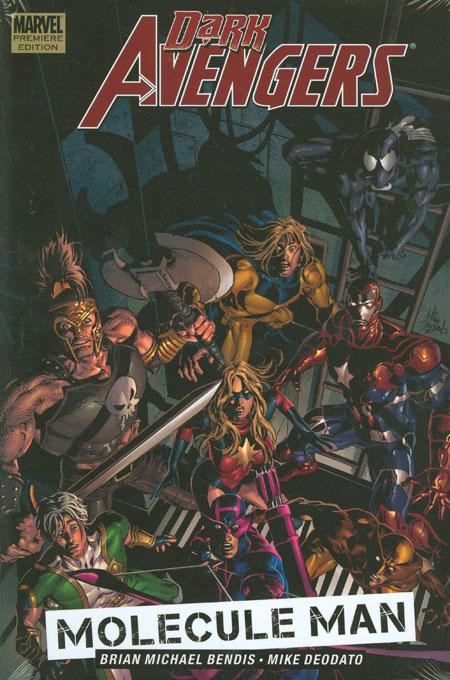Book Molecules
By:
September 22, 2010
As author/thespian/media thinker/übertweeter Stephen Fry observes below, books are made of molecules. We didn’t used to have any trouble with molecules; in fact we found them quite handy. But today, it’s electrons: electrons are the thing. As Fry observes sagely, electrons have practically no weight at all! (It makes one boggle at the future possibility of q-books: books made of quantum particles.) It may strike one as merely a sophisticated bit of trivia about the physical realm, but in fact its practical implications—especially to jet-setting author/thespians—are readily apparent, as Mr Fry elegantly explains.
Commuters on Britain’s A4 route near Bath this morning learned that book-molecules can cause them trouble, too. Last night a lorry overturned, spilling 15 tons’ worth of books into the roadway. In fact they were all copies of one book: Andrew Marr’s Making of Modern Britain, which seems to be selling quite well indeed.
What else makes headlines when a spill of it closes a road? Hazardous materials, surely. Rubber duckies, perhaps, or sex toys. Books indeed remain very special to us.

Here is one clear advantage of e-books: electrons can’t spill out of trucks and close roads; no one will ever be crushed by a load of e-books. Of course, electrons can electrocute, but it would take quite a load of e-books to cause even a mild shock.
But there are wrecks, and there are wrecks. In addition to dangerous hardcover volumes, a paperback edition, and e-book versions in every au courant platform, Stephen Fry’s memoir, The Fry Chronicles, comes as a smart iPhone app:
The color-wheel interface is lovely and compelling. But thinking bibliographically for a moment, I wonder what happens to this cloud of editions and formats five or ten years hence. How will libraries keep various versions straight? How will scholars sort out the variations and teach the text to their students of Fryology? I don’t think the problem is insurmountable, mind you—and solutions to it promise to be very interesting. (Old molecule-based books, too, are published in slapdash editions, treated as ephemera and pulp, pirated, bowdlerized, redacted and condensed to suit various markets and tastes.) E-books that appeal to the sweet spot of the reading market, like the sweet spot itself, will tend towards the ephemeral.
A version of this post also appears at library ad infinitum.
